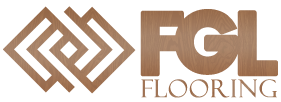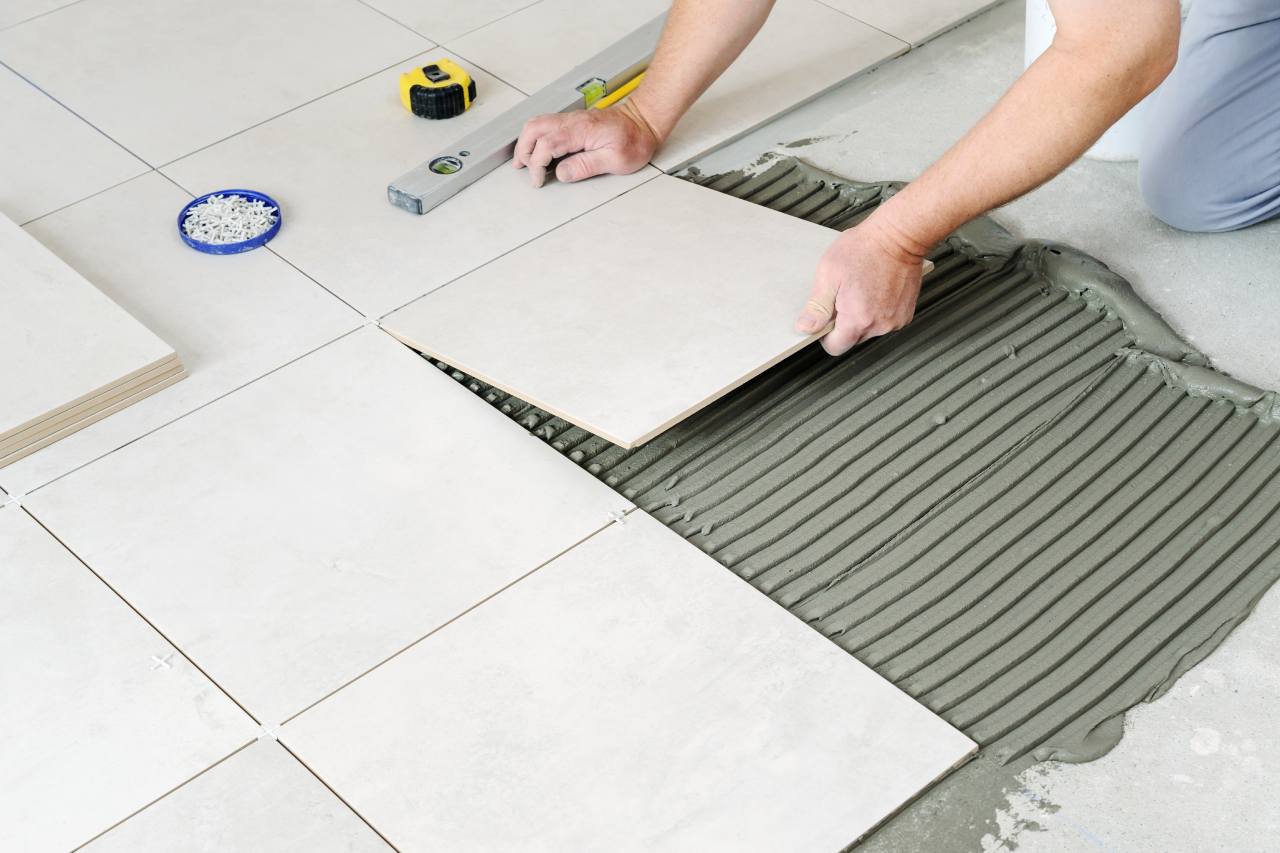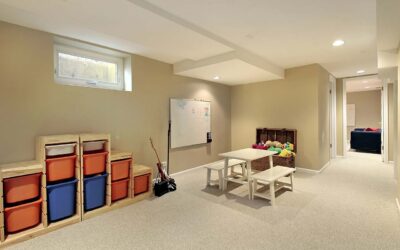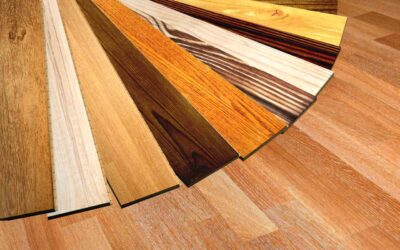Laying tile isn’t the most challenging DIY project, but it can be easy to make mistakes. To avoid any mishaps with your tile work, here are the 10 most common mistakes DIYers make during a tile project.
CRACKED TILE
If you don’t have the right equipment, like a diamond wet saw, you may end up breaking as many tiles as you cut correctly. This can quickly get expensive and time consuming so make sure you’ve got the right equipment from the beginning.
INCORRECT TROWEL SIZE
Larger tiles require thicker layers of thin set under them, and consequently you will need a bigger trowel that can make deeper notches. Likewise, for smaller tiles your will need a smaller trowel.
IMPROPER UNDERLAYMENT
You can’t lay tile on just anything. The surface that you install tile on needs to be even, strong, and smooth. If it isn’t, the tile could sag and break. Many wood floors and some vinyl floors may need additional underlayment before you tile them.
LACK OF PREPARATION
Take time to prepare the surface before starting the project. Thoroughly clean it, removing any dirt, oil, and grease that could mess up the adhesion of the tiles. This is an especially important step when tiling walls.
INCORRECT LAYOUT
The biggest visual cue that a mistake was made in laying the tile is when the layout looks wrong. When starting the pattern start in the middle and work out. Use a straight edge to make sure that the tiles are lining up and the lines are remaining straight as you move across the surface.
IMPROPER GROUT
If your grout is wrong, the look of an otherwise perfectly tiled floor could be ruined. When you mix the grout you should use a trowel, not a drill or paddle (as this will introduce air). Once you achieve a peanut butter consistency, let it sit for 10 minutes before using it.
SKIPPED BACKER BOARD
Any area that has prolonged or constant exposure to water or moisture needs backer board before you do any tiling. The best choice for this is cement board. This board will keep the water from going places you don’t want it to go (like into your walls to make mildew and mold).




0 Comments